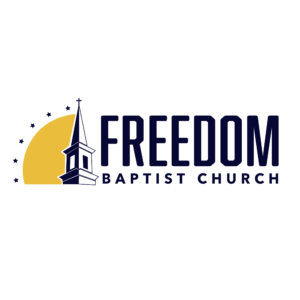 Biblical Authority
Biblical Authority
The Bible is our only rule of faith and practice (II Timothy 3:16).
Autonomy of the Local Church
We are a self-governing, self-supporting, self-propagating local church (I Corinthians 6:1-4; I Timothy 3:15).
Priesthood of the Believer
Every born-again believer has personal access to God through the Lord Jesus Christ (Hebrews 4:14-16).
Two Church Officers
The Pastor and the Deacons are servant leaders in the local, visible congregation of believers (I Timothy 3:1-13). The Bible does charge the Pastor with the administrative oversight of the congregation, but he is not to lord it over his fellow believers within the congregation (I Peter 5:1-4). Deacons are servants primarily to the physical needs and concerns of the congregation (Acts 6:1-7).
Individual Soul Responsibility
Every born-again believer is responsible before God for the choices he makes, but this does not override the institutional government of a local church to which an individual willingly submitted himself when he became a member of that local church (Romans 14:1-12).
Saved Church Membership
A credible profession of the new birth experience must proceed membership in a New Testament local church (Acts 2:41, 47).
Two Church Ordinances
Baptism by Immersion (Acts 2:41; 8:36-39) and the Lord’s Table (I Corinthians 11:20-30) are the ordinances of this church. These are symbolic in nature, not sacramental.
Separation
By this we mean the personal separation of the individual Christian from a love for the world in those areas where it is at enmity with our Heavenly Father (I John 2:15-17), ecclesiastical separation from all churches and ministries which proclaim or represent positions and dispositions which are contrary to the teaching of Scripture and the character of God (I Timothy 6:3-5).
*By the word “Independent” we mean that as a local church Freedom Baptist Church is not affiliated with any convention, association of churches or ecclesiastical hierarchy system. Freedom Baptist Church is a self-governing body of Bible-believing Christians. Among those who call themselves “Independent” Baptists there is a broad range of beliefs and practices. Therefore, a position or attitude which one “Independent” Baptist church may condone or practice may well be unique to that church and does not necessarily represent the position and attitude of another “Independent” Baptist church.

